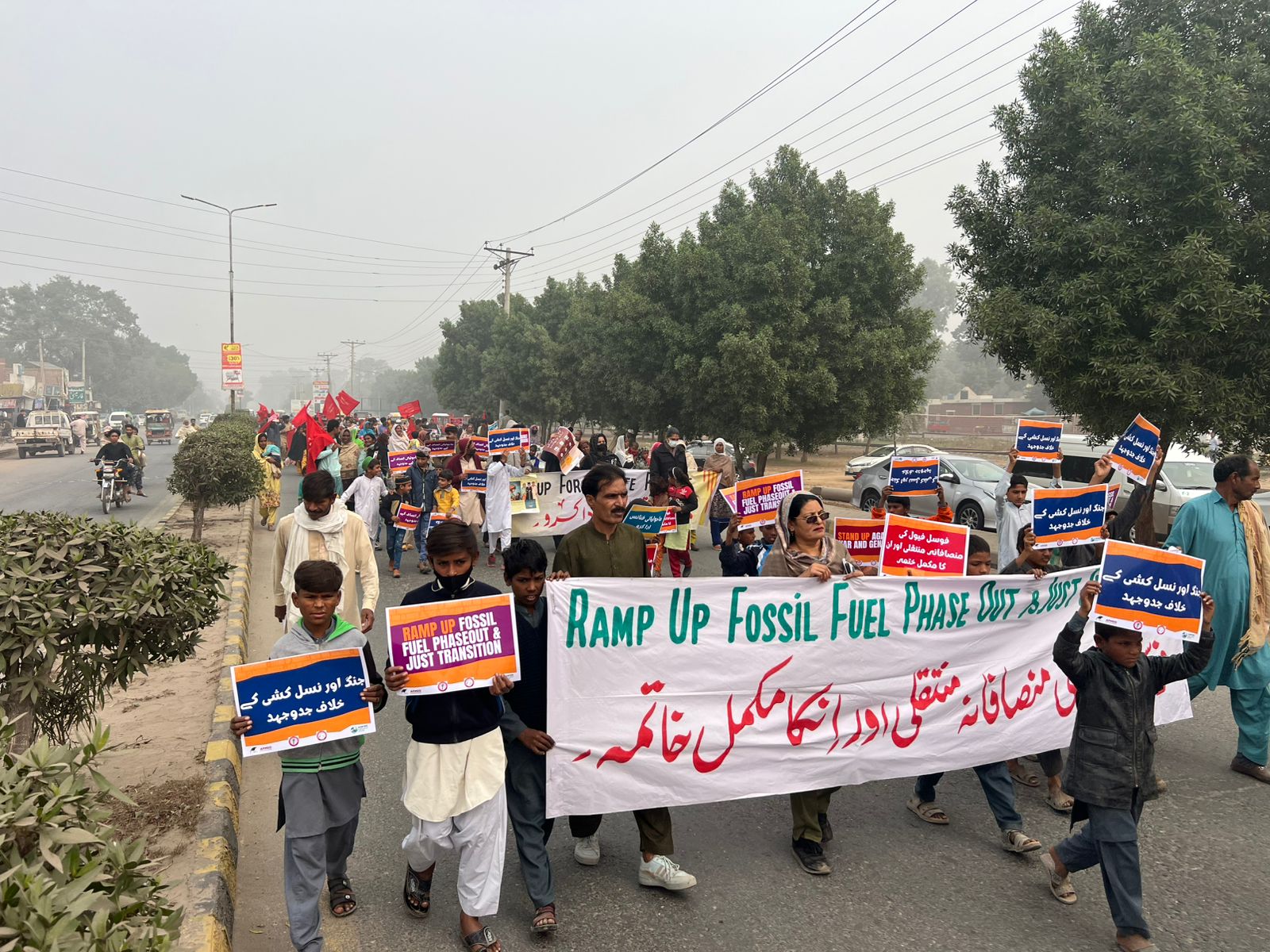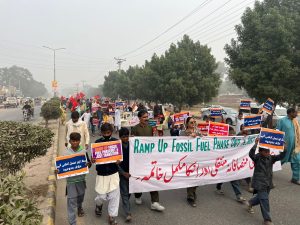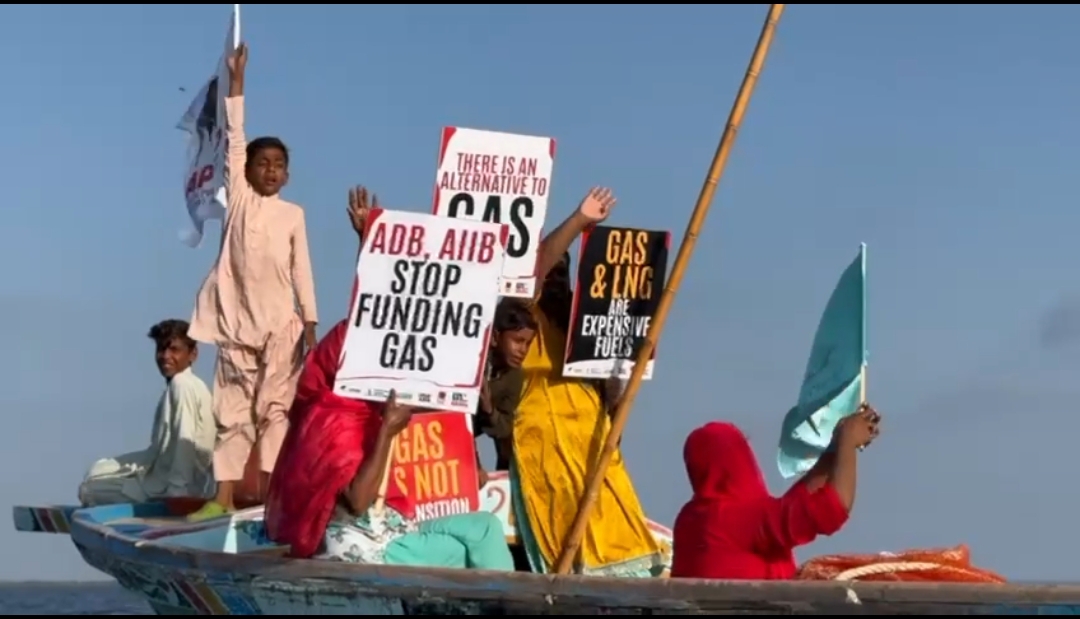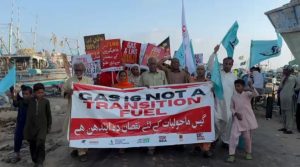Tech
Telegram pushes extremist groups to users – study

The social media platform Telegram uses an algorithm that promotes extremist content, a new study shared exclusively with the BBC has revealed.
The report, from the US civil rights organisation the Southern Poverty Law Center (SPLC), found that the “similar channels” feature introduced last year recommends extremist channels even to users browsing subjects such as celebrities or technology.
A professor also showed BBC Panorama how he found someone within moments on Telegram who offered to ship an Uzi submachine gun to the UK for £850.
Telegram says users are “only presented with content they have chosen to engage with” and it removes millions of pieces of harmful content daily.
Tech
Can chicken soup and other home remedies really fight off a cold?

Can chicken soup and other home remedies really fight off a cold?From orange juice to zinc lozenges, chicken soup to garlic capsules, there are plenty of home remedies for the common cold. But is there any evidence that they work?
There are few experiences as universal as catching a cold. And while there are around 200 viruses that cause it, there seem to be almost as many home remedies to combat it. But do any of them work?
At the core of any home remedy is the idea that it bolsters our immune system. When a virus enters our bodies, it comes up against two systems of defence: the innate immune system tries to flush invading cells out, while the adaptive system targets specific pathogens that the body already has had contact with. The latter also creates memory cells when it encounters new pathogens, allowing the body to fight them off if they return. This is why we tend to get chickenpox only once, whereas the common cold – which changes its appearance as it passes from one person to the next, confusing our immune memory cells – is something we can experience often several times a year.
It’s well-known that both lifestyle habits and diet affect the strength of our immune systems. It’s why many of the remedies often reputed to keep the common cold at bay were also circulated on social media with the promise that they could keep us safe during the coronavirus pandemic. So which home remedies are worth trying in an effort to fight off a cold or virus?
Business
Protestors Demand Climate Justice Ahead of COP29

 TOBA TEK SINGH: Hundreds of protestors took to the streets in Toba Tek Singh on Friday, demanding urgent government action to combat smog and pollution in Punjab. The rally, organized by the Pakistan Brick-Kiln Workers Union in collaboration with the Pakistan Kissan Rabita Committee, highlighted the need for a permanent ban on coal and an end to fossil fuel expansion.
TOBA TEK SINGH: Hundreds of protestors took to the streets in Toba Tek Singh on Friday, demanding urgent government action to combat smog and pollution in Punjab. The rally, organized by the Pakistan Brick-Kiln Workers Union in collaboration with the Pakistan Kissan Rabita Committee, highlighted the need for a permanent ban on coal and an end to fossil fuel expansion.
The march, which began at Chungi Gojra Road and culminated at Shahbaz Chowk before ending at the Press Club, called on Prime Minister Shahbaz Sharif to prioritize renewable energy and address the root causes of environmental degradation.
Farooq Tariq, General Secretary of the Pakistan Kissan Rabita Committee, emphasized the responsibility of developed nations in addressing the climate crisis. “We call for a rapid and equitable phaseout of fossil fuels and a direct transition to 100 percent renewable energy. Developed countries, with their historical emissions, must fund this transition and help nations like Pakistan combat smog and pollution. They have the resources to mobilize trillions of dollars by ending fossil fuel subsidies, taxing the mega-rich, and halting militaristic spending,” he said.
Mohammad Shabbir, General Secretary of the Brick-Kiln Workers Union, criticized Pakistan’s increasing reliance on coal despite a coal moratorium. “It is unacceptable that in the face of an intensifying climate crisis, Pakistan has increased coal’s share in the electricity mix. We have untapped potential in renewable energy sources like solar and wind. Instead of expanding coal and greenlighting new gas projects, the government should focus on renewable energy to reduce smog and pollution,” he stated.
The protest comes at a time when Pakistan’s dependence on coal is growing, with the government signaling a potential return to local lignite coal from the Thar region to offset the rising cost of imported coal. Environmentalists have expressed alarm over this trend, warning that continued fossil fuel reliance will worsen air quality and hinder climate commitments.
The mobilization in Toba Tek Singh serves as a powerful reminder of the urgency of the climate crisis as Pakistan prepares for COP29, where global leaders will convene to address climate action. Protestors called for the government to demonstrate leadership by committing to sustainable energy solutions and ensuring clean air for its citizens.
Business
Boat Protests Demand Halt to Fossil Gas Expansion as COP29 Approaches


Fisherfolk rally against fossil gas expansion from Jamot Jetty in Karachi, urging world leaders to prioritize renewable energy and climate justice ahead of COP29.
Karachi, October 7, 2024: Hundreds of fisherfolk, both women and men, took part in a dramatic boat protest on Thursday, November 7, sailing from Jamot Jetty in Ibrahim Hydri as part of the “Global Days of Action Against Gas Expansion” in the lead-up to the 2024 UN Climate Change Conference (COP29) in Baku, Azerbaijan.
The boat protests, held in coastal regions of Pakistan, India, Bangladesh, Indonesia, and the Philippines, were organized by the Asian People’s Movement for Debt and Development (APMDD). The demonstrations sought to send a strong message to world leaders attending COP29 regarding the dangers posed to communities and the planet by massive investments in fossil gas.
Saeed Baloch, General Secretary of Pakistan Fisherfolk Forum, stated: “We from the Global South are united in making this call ahead of COP29. Continued investments in fossil gas endanger both people and the planet, which is in direct contradiction to the pledge made by governments at COP28 to transition away from fossil fuels. World leaders must not ignore the undeniable health, environmental, and social impacts of fossil gas, and must honor their commitments to decarbonize, deliver climate finance, and invest in renewable energy that serves humanity.”
The protest, which featured small, artisanal fishing boats—a representation of the traditional livelihoods of the fishing communities—was set against the backdrop of large gas plants and liquefied natural gas (LNG) facilities, highlighting the contrast between fossil fuel infrastructure and the future of renewable energy.
Baloch added: “It’s alarming that wealthy nations and large transnational banks continue to finance fossil gas expansion in Asia, Africa, and Latin America. We reject the dependence on fossil fuels and demand real, accountable commitments from these powers to directly support the transition to renewable energy systems. Every dollar spent on fossil gas should instead be invested in solar and wind energy—renewables that can meet our energy needs without leading us into ecological collapse. Gas is not a bridge fuel; it is a future disaster.”
Qazi Khezer, Vice Chairperson of the Human Rights Commission of Pakistan, also spoke out against fossil gas expansion, emphasizing the severe health risks posed to communities. “Fossil gas expansion is a grave health risk and an environmental threat,” Khezer said. “It causes respiratory and cardiovascular diseases, particularly in children and the elderly. Choosing gas is choosing a future where no one breathes clean air.”Fatima Majeed, Senior Vice Chairperson of Pakistan Fisherfolk Forum, emphasized the global ramifications of continued fossil gas investments. “Fossil gas expansion in Asia undermines the global climate goals and makes it nearly impossible to achieve the 1.5°C target of the Paris Agreement. The people of Pakistan are already facing the deadly impacts of the climate crisis, including displacement and health risks. If this continues, future generations will bear an unbearable cost,” she warned.
Protesters held placards bearing messages such as “Don’t Gas Asia,” “End Fossil Fuels,” and “Gas Is Not a Transition Fuel—Shift Directly to RE,” advocating for the following demands:
A moratorium on new fossil fuel projects, including new public and private finance, approvals, licenses, permits, or extensions.
A rapid, just, and equitable phase-out of existing fossil fuel infrastructure in line with the 1.5°C temperature limit, and a global plan to ensure that each country contributes its fair share.
Increased international cooperation to scale up climate finance and technology transfers, ensuring renewable energy access and supporting Just Transition processes.
An end to greenwashing and false solutions like carbon offsets, CCS, or geoengineering.
Holding polluters accountable for the damage they have caused and ensuring that coal, oil, and gas corporations pay reparations for climate loss, damage, and local rehabilitation.
Ending corporate capture of climate action processes and preventing corporations from writing the rules of climate policy or undermining global climate efforts.
-

 Entertainment4 months ago
Entertainment4 months agoEarthquake scientists are learning warning signs of ‘The Big One.’ When should they tell the public?
-

 International4 months ago
International4 months agoTarar accuses Imran Khan of conspiring with Faiz Hameed to destabilise Pakistan
-

 International2 months ago
International2 months agoPTI Announces Not to Boycott New Committees
-

 Business3 months ago
Business3 months agoMajor Corruption Scandal Uncovered at WASA Multan: Rs1.5 Billion Embezzlement Exposed
-

 Business4 months ago
Business4 months agoThe Impact of QR Codes on Traditional Advertising
-

 Business4 months ago
Business4 months agoThe Benefits and Problems of International Trade in the Context of Global Crisis
-

 Business4 months ago
Business4 months agoFraud by Pakistani Firm Sparks Outrage in Business Community; Concerns Rise Over International Investment
-

 Business2 months ago
Business2 months agoHigh Court Blocks MDCAT Merit List Amid Controversy Over Exam Error






